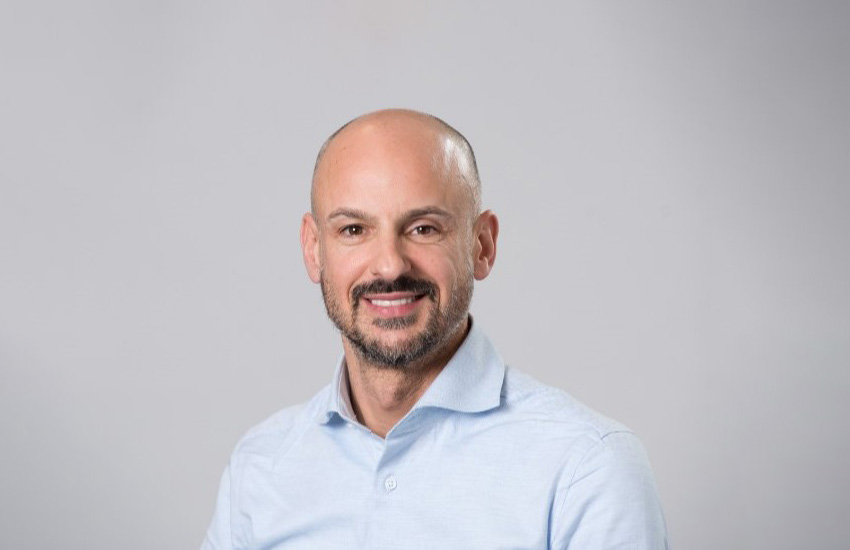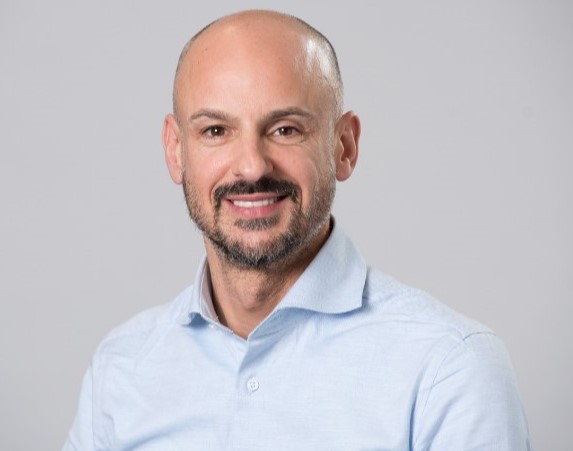The enduring importance of Pride

June is the month of Pride and this year is especially significant as we celebrate 50 years of the Pride march here in the UK. Pride is a celebration of love and friendship, it demonstrates how far we have come with LGBT+ rights and how, in some places, there's still a lot of work to be done.
Pride was born in the US following the Stonewall riots in June of 1969, which acted as the catalyst for the gay liberation movement. These were made up of a number of protests by the gay community in New York City in response to a police raid at the Stonewall Inn in Greenwich Village, the heart of New York’s gay community. I am fortunate enough to have visited the Stonewall Inn in NYC, and today I am reflecting on this as I write this blog. I’m grateful to all those brave people who put themselves on the front line by protesting and saying “enough is enough!”.
For me Pride means so much more, and as Head of Inclusion it is a very sad reality that we live in a world where people still judge one another and so many minority groups still have to fight for their freedoms or the right to be who they are. This is why it is so vital for organisations to have representation for diversity and inclusion, whether that’s experts in the inclusion field (like myself), or through policies and best practise initiatives. Despite the barriers some currently face, we have come a long way since I started working in the 90s. For me personally, the most important thing is the kindness and love we all have in our hearts. Our souls do not have labels, they are full of love and light – this is the message I am carrying into Pride month this year.
|
Did you know? LGBT+* is the most commonly used acronym and stands for Lesbian, Gay, Bisexual and Transgender, and the + is an inclusive symbol to mean 'and others' to include people of all identities and even allies. *If you were wondering, there have been many debates around whether a Q should be included in LGBTQ+. Q can stand for queer, or questioning. Some people feel that queer still has a negative connotation so choose to leave it out, and others see it as a reclamation of the word. Stonewall UK still uses the Q, whereas Pride.org doesn’t. What do you think? You may also have seen the I and the A at the end of the acronym, which stand for Intersex and Asexual. |

This month, at Pay.UK we are trialling an independent job board, myGwork, which is a business community for LGBT+ professionals, students, inclusive employers and anyone who believes in workplace equality. In addition, we are following recommendations and employability guidelines from Stonewall UK to ensure we are as inclusive as we can be, as an employer. We are also partnering with our customers to support initiatives to embed diversity and inclusion across the payments industry. I’m looking forward to working with the payments community to help to break down the barriers some face daily.

